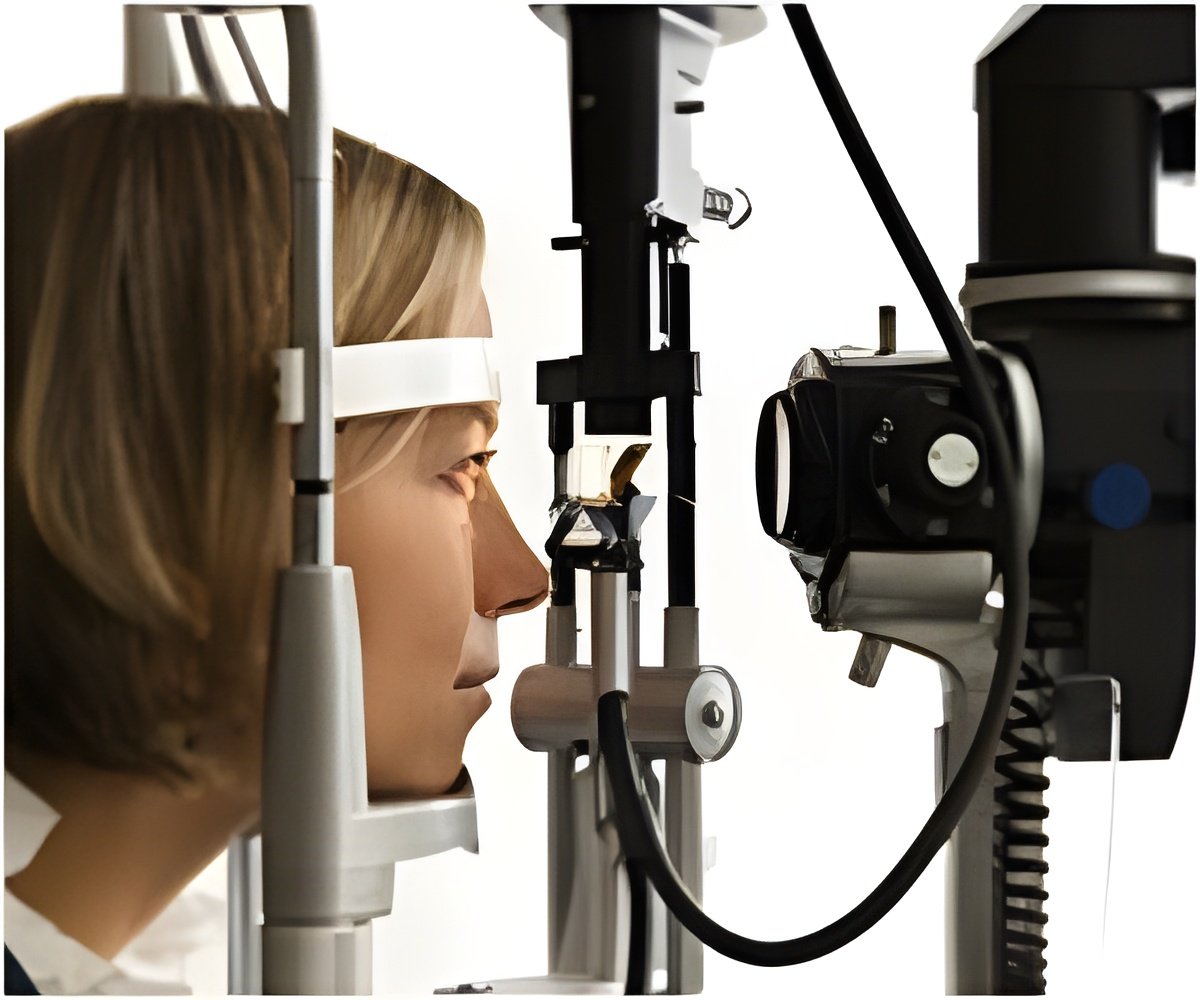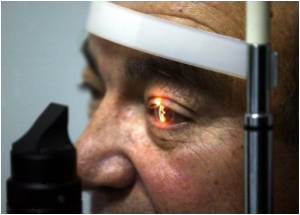
‘Scientists at Massachusetts Institute of Technology developed a low-power chip, executing the same algorithms and powers a prototype of a complete navigation system.’
Tweet it Now
A mechanical Braille interface developed at MIT's Computer Science and Artificial Intelligence Laboratory (CSAIL) conveys to the user information about the distance to the nearest obstacle in the direction the user is moving. "There was some prior work on this type of system, but the problem was that the systems were too bulky," said first author Dongsuk Jeon, a researcher at MIT's Microsystems Research Laboratories (MTL) when the navigation system was developed. He has now joined the faculty of Seoul National University in South Korea.
Jeon's team included professor of electrical engineering and computer science Anantha Chandrakasan, graduate student Priyanka Raina, professor of electrical engineering and computer science Daniela Rus, former research scientist at MTL Nathan Ickes and CSAIL researcher Hsueh-Cheng Wang.
Although the prototype navigation system is less obtrusive than its predecessors, it should be possible to miniaturise it even further, according to the researchers. The new chip and the prototype navigation system was reported in a paper presented at the International Solid-State Circuits Conference held from January 31 to February 4 in San Francisco.
Source-IANS








